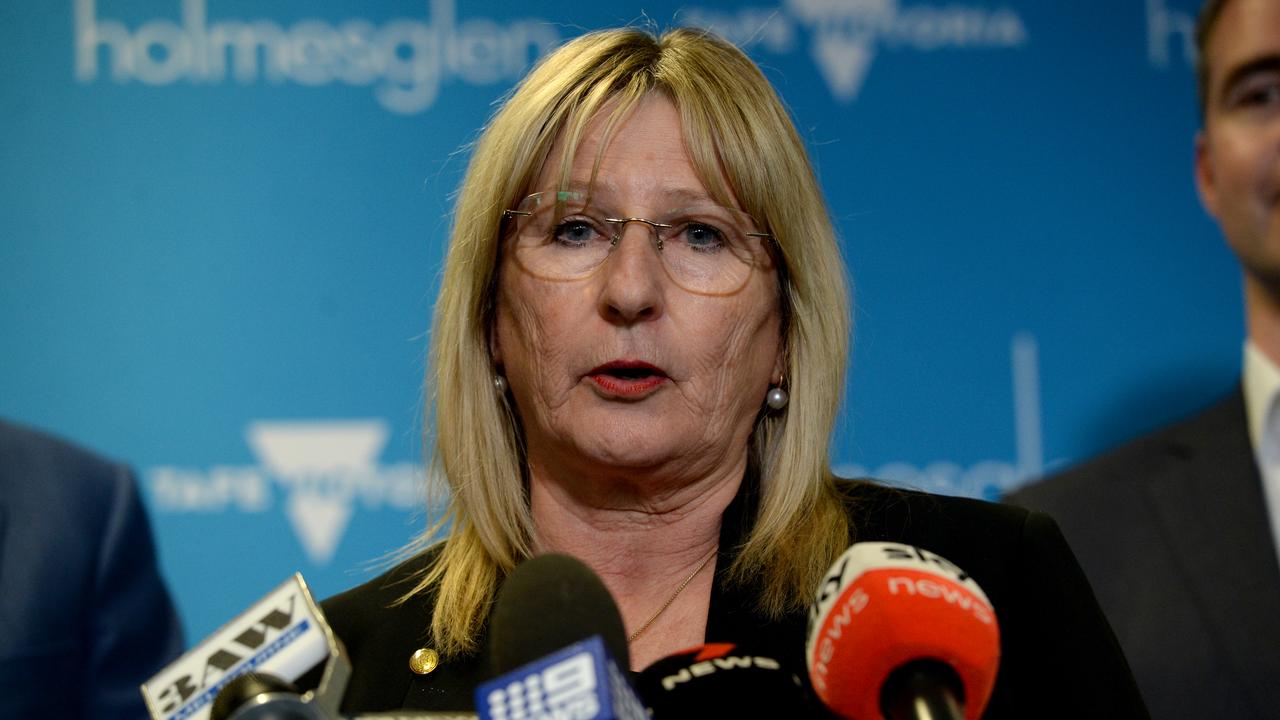Floodplain harvesting threat: Northern Basin faces being crippled
A NSW Government appointed expert panel wants to impose hefty restrictions on northern Basin irrigators’ floodplain harvesting.

NSW northern irrigators have warned their access to floodplain harvesting and supplementary water would be slashed to almost zero, ripping $312 million out of their communities, if an expert panel appointed by their state government gets its way.
The Connectivity Expert Panel Interim Report, written by a team of consultants, academics and a traditional owner representative, lists a series of flow targets for each river in “non-dry times”, below which irrigators face restrictions on floodplain harvesting and access to supplementary water.
But any such move could trigger multi-million dollar compensation claims from irrigators.
A recently released NSW government briefing paper on improving connectivity in the northern basin warned “changes that significantly affect the amount of water available to licence holders may involve paying compensation”.
NSW Irrigators Council chief executive Claire Miller said if the panel’s recommendations were adopted it would effectively prevent farmers accessing any water in wet years.
Ms Miller said NSW IC analysis showed the loss of access to water would rip about $312 million out of northern basin communities, such as Moree, Walgett and Bourke.
“The panel admits in its interim report that it does not have the data or modelling to fully assess the potential impacts on upstream users or the benefits to downstream communities of its proposed rules,” Ms Miller said.
“But that hasn’t stopped it making ill-informed recommendations to impose inflated flow targets that will effectively shut down irrigated agriculture in the northern NSW Basin.”
The panel has recommended that during “non-dry times”, northern rivers’ base flows be protected and topped up with regular slugs of higher flows to protect their environmental value.
It would mean, outside of drought years, irrigators’ access to water would be restricted until a base flow of 350ML a day was achieved at Wilcannia, rising to 1400ML for at least a fortnight each year and 14,000ML every second year.
The panel also wants the trigger on lifting restrictions on irrigators’ access to water, in the wake of drought-breaking rain, to be constrained until there is “a small fresh all the way down the system to ensure flows through to Wilcannia and into Menindee Lakes.”
The panel even called for a connectivity environmental water allowance be established, which would “provide adequate water for meeting end-of-system targets when restrictions are inadequate to meet baseflow and also provide some water for periodic “pulsing” during dry times.
“We recognise that the allocation would need to come from what is currently used for general security storage, which will impact on access for general security users.
“We are of the view that given the limited information, and lack of a clear objective for further restrictions on floodplain harvesting at this time that the recent licensing of floodplain harvesting along with our proposed rules should be implemented and monitored, with adaptive management applied if additional restrictions are identified as necessary to achieve outcomes.”




